The book: “If My Country Had a Jury,” is a legal thriller. It is a futuristic work about the Nigeria of 2050. It is a 13-chapter, 381-page fiction written by Olabisi Ajakaiye and published in 2024 by Winepress.
Olabisi Ajakaiye obtained his first, second and third degrees in Urban and Regional Planning. He is a researcher, a lecturer and an entrepreneur.
In the novel set mainly in Abuja, Alade Aladeokin is a law graduate. In our first encounter with our main protagonist, he is seen in a philosophical conversation with Ifeanyi, a fellow law school student who did not make the cut at the law school. Their conversation borders on the state of the nation and failure of governance, including government institutions. Their particular focus is on the “scrapped” National Youth Service Corps scheme and how its “objective was compromised decades ago”. (p8)
This work is a bright exposé about the grim world of the Nigerian civil service. The author uses the eyes of Alade the young graduate having his first experience as a civil servant in the Office of the Public Defender. The author describes the unkempt state of the government workspace and how it has refused to innovate or progress beyond the static bureaucracy it has always been for many decades. But on Alade’s second day at work, life seems to spark for his career as a lawyer. A certain lady, Miss Ageda comes to his office seeking legal assistance. She reports that she has been raped by Femi, son of the influential Aare Okinbaloye.
Also Read:
The author appears to have diligently studied the masters of thrillers and crime busting narration for maximum effect in this work. He has obviously mastered the art from the masters like John Grisham, James Hadley Chase, and Laurence Sanders among others. He tells us that Alade recruits his friend Ifeanyi as an investigator in the rape case he is trying to solve. He gets the cooperation of his colleague, Temi, the ICT expert to crack the knotty codes as he attempts to present a formidable prosecution against Femi, the son of the wealthy and influential Chief Okinbaloye. Their plan and processes and investigative prowess are intricately presented in the work. And the dexterity with which the author tells the story is indeed top class.
But will Alade and his cohorts be able to sail to a favourable verdict and get justice for Ageda against an influential Femi Okinbaloye and a towering Senior Advocate with pervasive connections across the land? Surely a rookie lawyer like Alade has bitten more than he can chew with his pursuit of this case? But there is one big hurdle to cross though. The selection of the jury in the case is a big challenge yet great opportunity for him and his client to hope for any positive outcome in this case.
The work also shows the author’s deep knowledge of the legal universe and litigation theatrics. For someone with multiple degrees in Urban and Regional Planning, including a PhD, the author has deep insight on the legalese and intricate intrigues that make litigation procedures look like a no-brainer. Indeed he has presented complex judicial processes in simple form for all categories of readers.
In the work, If My Country Had a Jury, Ajakaiye shows vividly how the high and mighty in society wield their power and connection with the political elite to compromise the course of justice, to buy juries and sway public sentiment for their selfish, parochial gain. This is exemplified in the way Aare Okinbaloye throws money around carelessly in an attempt to shield his wayward son from justice and buy over even the witnesses, and in some cases using blackmail and intimidation to get their cooperation. The work also powerfully demonstrates that there are no fool-proof or corruption-free systems, as demonstrated by the way members of the jury are infiltrated.
The writer makes a lot of audacious, if not clairvoyant, futuristic statements like the “scrapped NYSC”, the drop in Brent price because it “stopped being a hot cake several years ago” and government cutting defense budgets and instead “aggressively investing in basic education.” (p8) He also boldly predicts in the book that Nigeria has a pervasive supply of electric vehicles deployed as taxis. (p10) Additionally, for this author, Nigeria needs to shed its colonial clippings, and evolve. For the author, it was time the judiciary adopted homegrown and indigenous attires for lawyers, making them “appear more elegant” and a welcome departure from the “ugly gown and wig” copied from the British. (p20)
As a perceptive reader, one of the things that strike me in the work is the author’s portrayal of the character of Ifeanyi. Ifeanyi turns out to be the brain behind the success of Alade in this work. Even though he failed to graduate from law school, he knows all the answers to help unknot a difficult case even against the giants in the litigation business. This character also shows that excelling in the future world of work is not tied to certificates but skills, smart and quick thinking, emotional intelligence and street sense. Indeed it is a statement from the author that we need to downplay paper qualifications and play up skills and talent.
However, there are unresolved conflicts in the novel, If My Country Had a Jury. Could there be something between Chief Fernandez, the Senior Advocate and Foluke, Alade’s mother? What happens to Alade’s career as a litigant and his friend Ifeanyi? These questions emphatically suggest that a sequel to the work might be in the works.
Ultimately, this 31-chapter work is a masterpiece. The Olabisi Ajakaiye meticulously deploys the third person narrative point of view for suspenseful effect and has done a fantastic job of making the reader peruse each of the 381 pages without being bored.
. Olatunbosun is a broadcast journalist, fact-checker and book reviewer at Splash FM 105.5, Ibadan. He can be reached via 08023517565 (SMS & WhatsApp only) and email molatunbosun@splashfm1055.com.
Post Views: 1



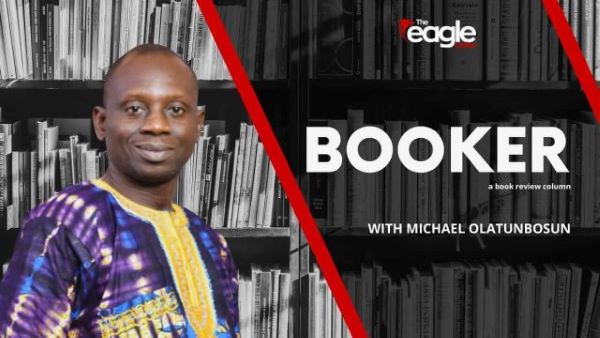

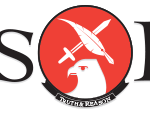
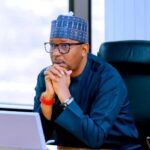
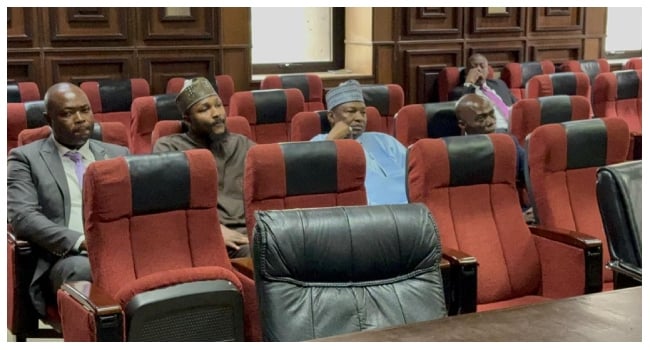

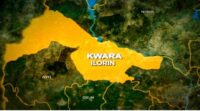
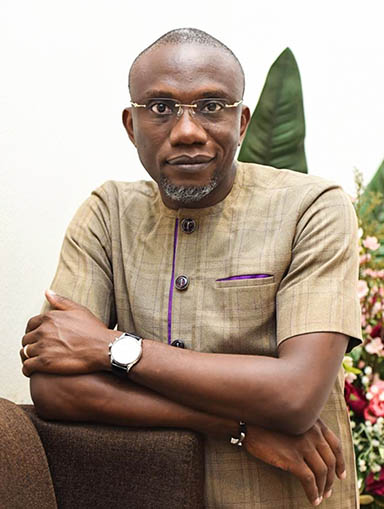
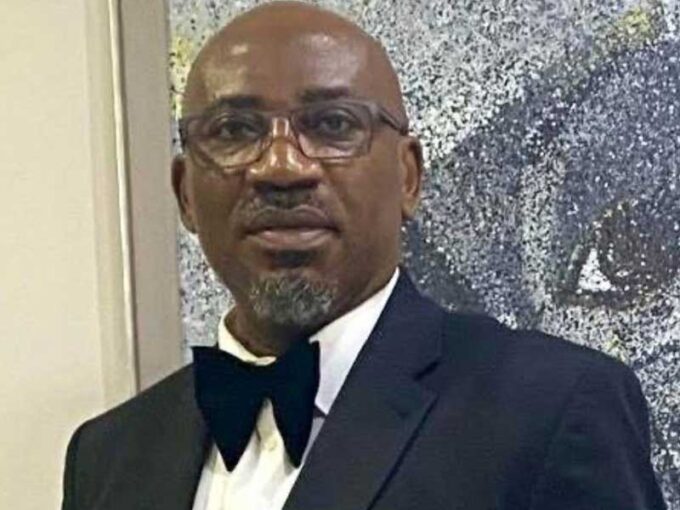
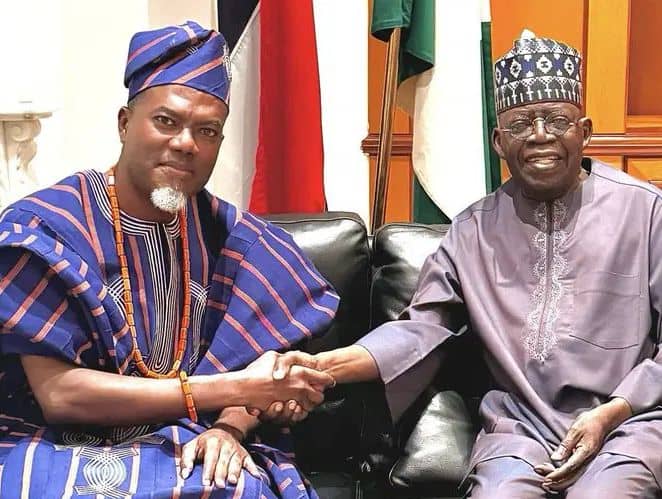
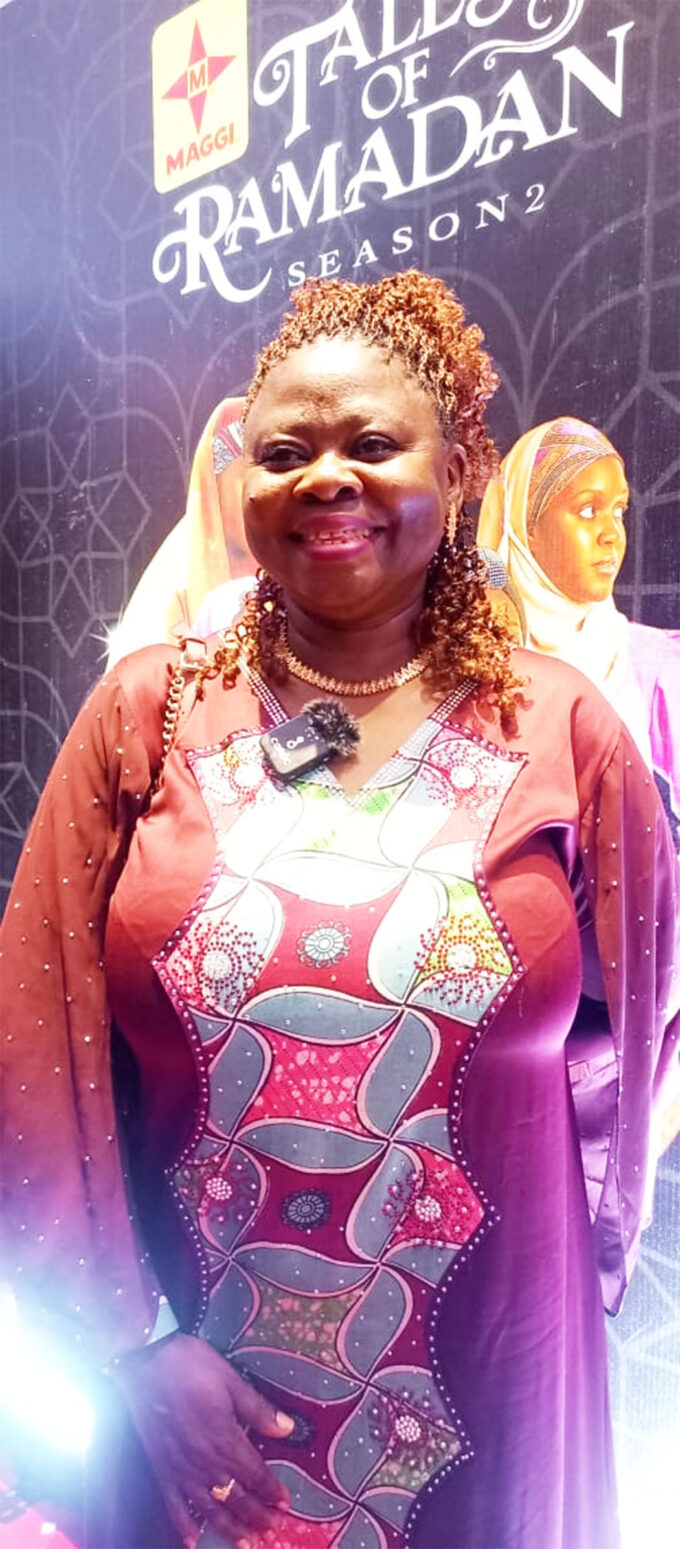



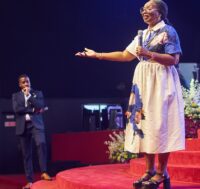

Leave a comment